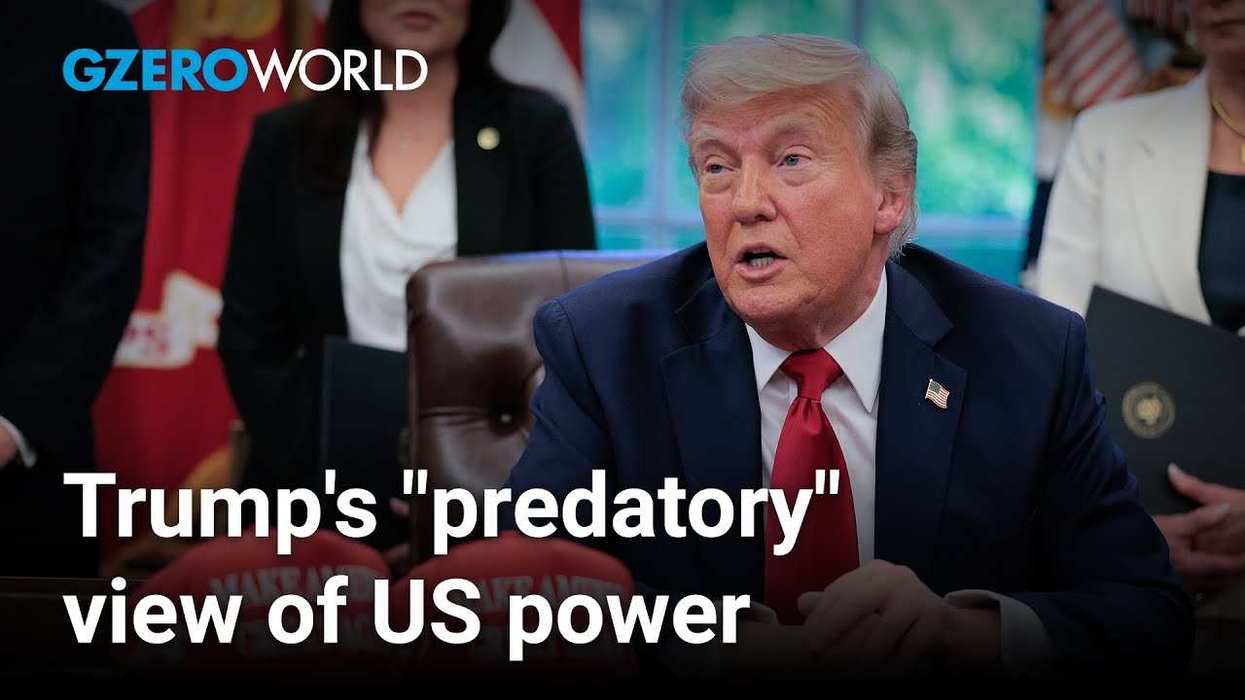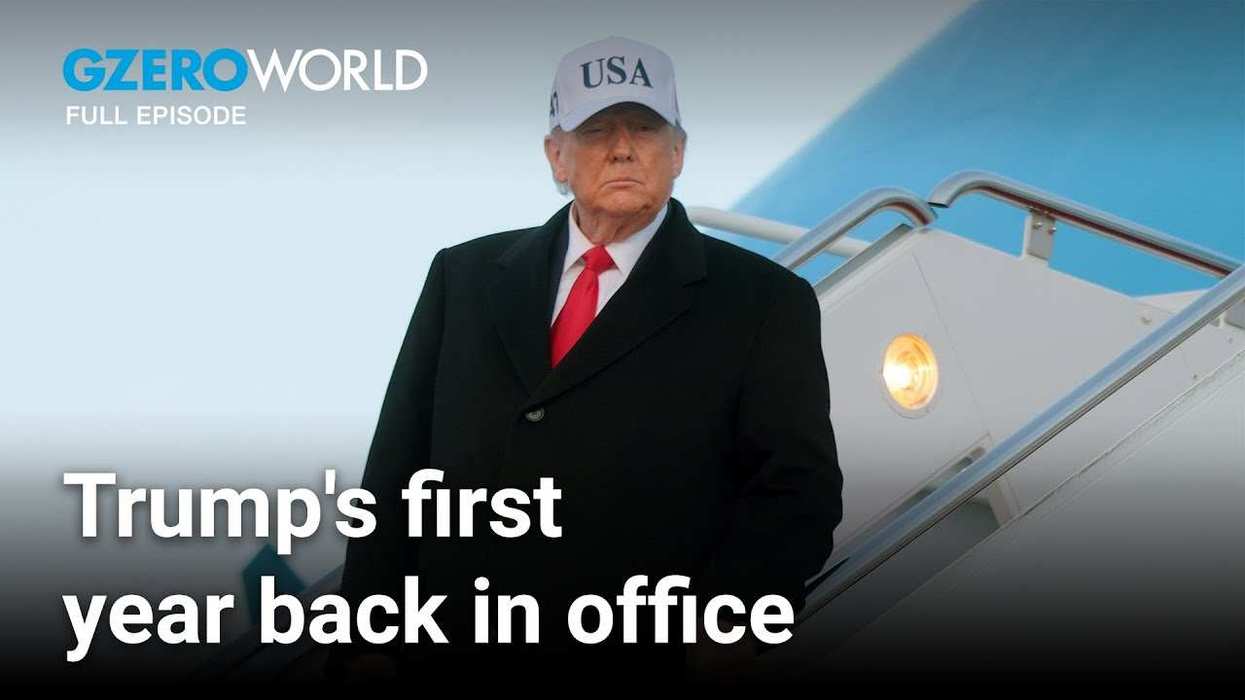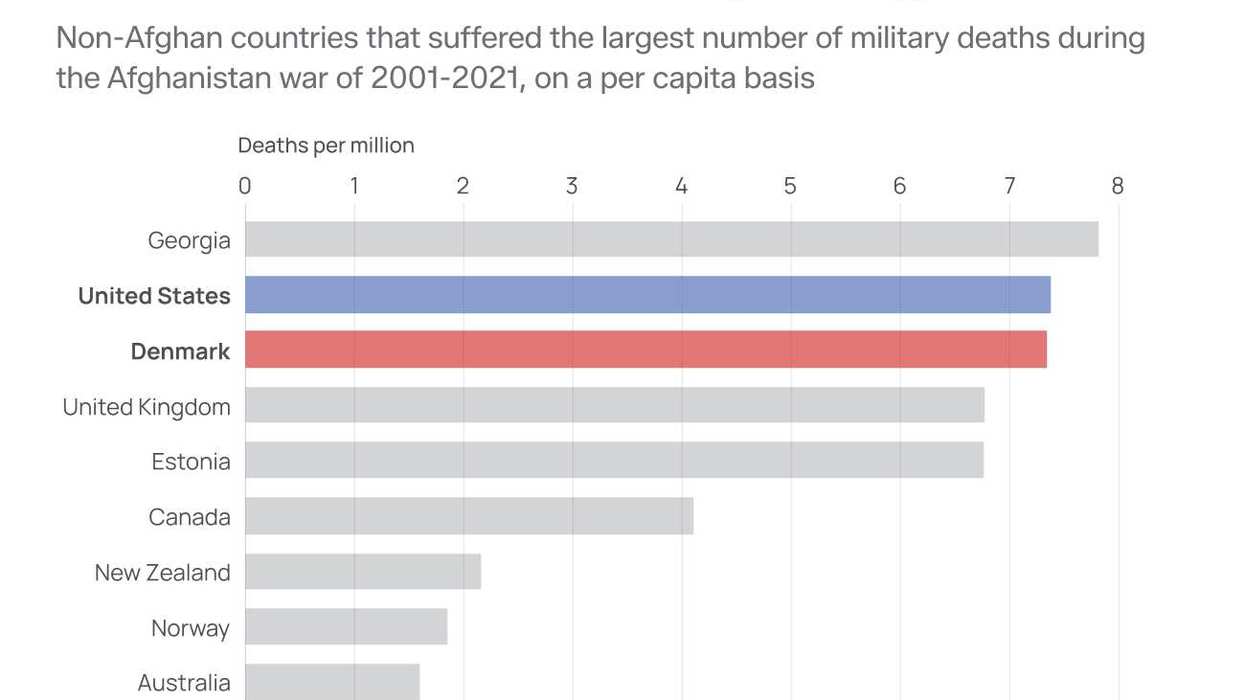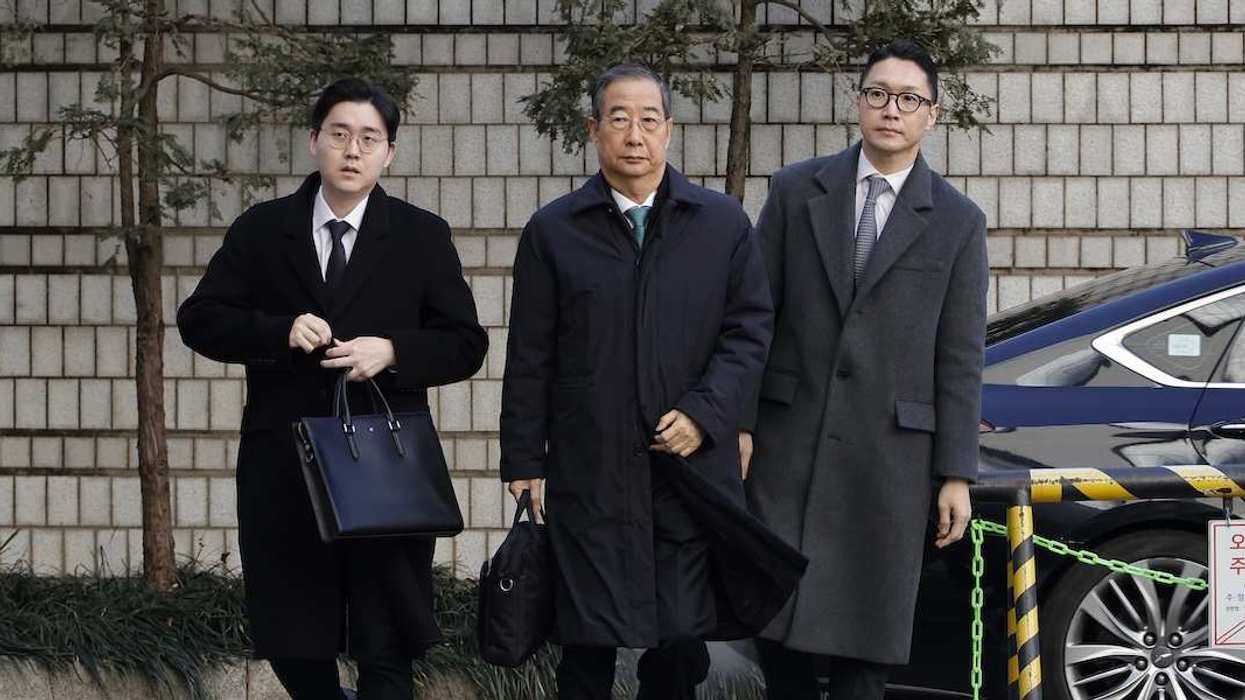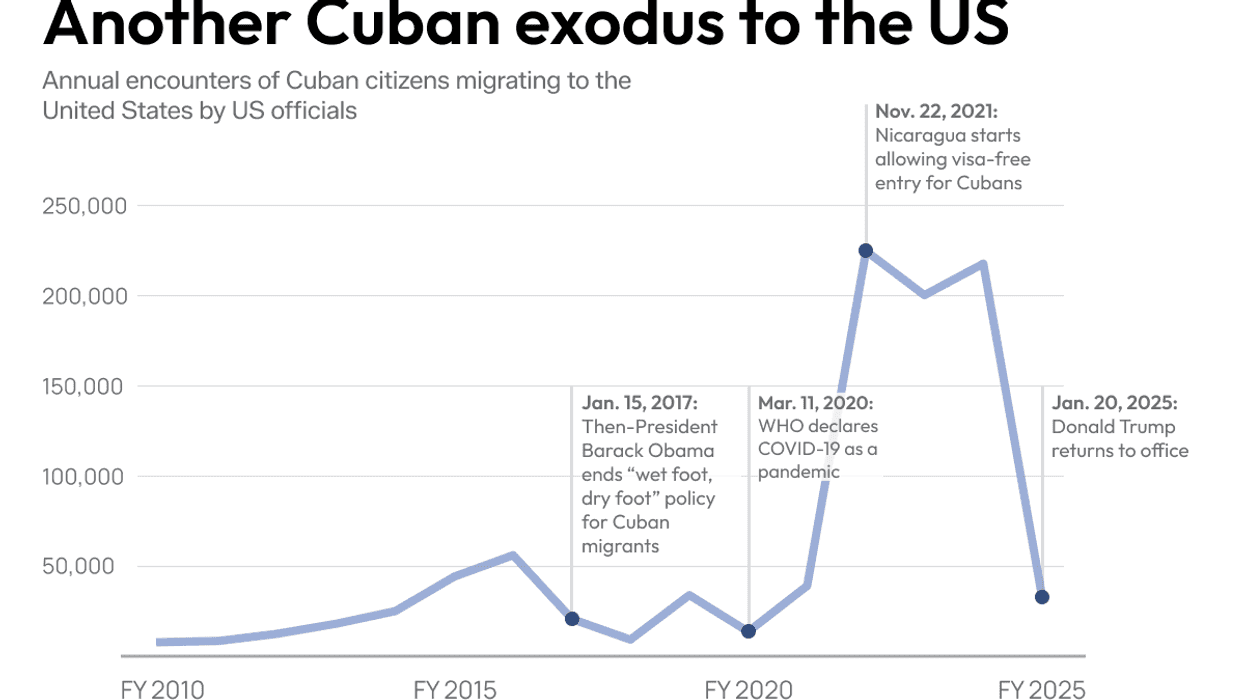We’ve seen this movie before: An ill-suited coalition government collapses, electioneering kicks off, and Israelis drag their feet to the polls.
On Tuesday, Israelis vote to elect a new government for the fifth time since April 2019. Former longtime Prime Minister Benjamin “Bibi” Netanyahu is looking to make a comeback nearly 18 months after he was relegated to opposition status. Accustomed to the trappings of PM life, Bibi has made no secret of the fact that he despises the indignity of playing second fiddle and desperately wants his old gig back.
As Israel votes yet again, what’s changed, what’s stayed the same, and what are the likely outcome(s) of round five?
First, how’d we get here? It was a very big deal in June 2021 when a “change government” was sworn in, ending Bibi’s 12-year reign. The man responsible for cobbling together the politically diverse coalition was Yair Lapid, a former journalist whose Yesh Atid Party (There is a Future) entered the political fray in 2013.
The bloc formed by Lapid, who is currently serving as caretaker PM, included a ragtag grouping of eight political parties (notably including an Arab Islamist party) that was united by nothing more than animus toward Bibi and ultimately collapsed this past summer.
What’s still the same? Bibi’s edge.
Facing criminal proceedings for alleged breach of trust and corruption, Bibi, who at 73 remains an indefatigable campaigner, has continued to agitate from the opposition rather than step aside and avoid dragging the country through an ugly political slugfest.
Despite his legal woes – or perhaps because of them – Bibi’s right-wing Likud Party remains Israel’s biggest. Again, Likud is slated to win the most of any party, with polls projecting it’ll reap around 30-31 out of 120 seats. Lapid is polling second with around 24-27 seats. This means Bibi will likely get the first shot at trying to convince other parties to join his coalition – a painstaking task in an environment where loyalty is a scarce commodity.
What’s changed? A united extreme right.
This time, Netanyahu successfully managed to broker the Religious Zionism alliance, which saw three far-right parties run on a single ticket so as not to split the right-wing vote. For Bibi, the bloc is a natural coalition partner that can help him get to 61 seats.
And that strategy has paid off, with Religious Zionism – an extremist bunch espousing anti-LGBTQ and anti-Arab views – expected to win around 14 seats, which would make it the third largest group in parliament. That’s no small feat considering that 40 political parties are vying for votes.
The success of this far-right grouping is in part due to the star power of a man you’ve likely never heard of: Itamar Ben-Gvir, 46, is an admirer of Meir Kahane, a radical anti-Arab ideologue who was banned from Israeli politics before being assassinated in 1990.
A religious Jew, Ben-Gvir has managed to attract secular voters with right-wing proclivities, as well as more moderate right-wing voters, by advocating a relaxation of military rules of engagement linked to the use of live fire and calling for immunity for frontline soldiers. In a country with mandatory conscription laws and a majority right-leaning electorate, this pro-military stance has proven fruitful for Ben-Gvir, who was notably banned from military service as a youth because of his extremist views.
The dissipating Israeli Arab vote. PM Lapid managed to form a diverse change government in June 2021 in large part because of the Arab Israeli vote, which brought the Islamist Ra’am Party into government for the first time.
But many Arab-Israeli voters remain frustrated by soaring crime and poverty rates in their hometowns – 70% of violent deaths in Israel this year have been in Arab communities – in addition to the ongoing occupation and broader stalemate of the Israeli-Palestinian conflict. Indeed, many feel that representation failed them and are vowing to sit this vote out.
What might another Bibi-led government look like? Netanyahu, backed by Religious Zionism, has vowed to limit the independence of the judiciary so that the High Court cannot overrule government decision-making (the court currently has the power to rule whether government law violates one of the state’s 13 constitutional laws). Ben-Gvir also says he wants to pass a law banning corruption probes of serving PMs, and that the law should be implemented retroactively, essentially letting Bibi off (though others say they wouldn’t support such a move).
Internationally, Bibi has sworn to rip up the newly signed maritime deal with Lebanon, though many have dismissed this as pre-election grandstanding. On Iran and Russia policy, meanwhile, there’s likely to be little daylight between Netanyahu and the current Lapid government.
The other plausible option is …. stalemate. If Netanyahu can’t secure a 61-seat majority, then Israel will hold a sixth election in the spring. Meanwhile, partisanship and ugly social cleavages will continue to deepen, and many social and economic problems will remain largely ignored.






